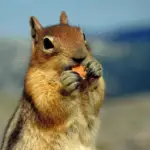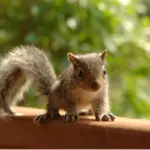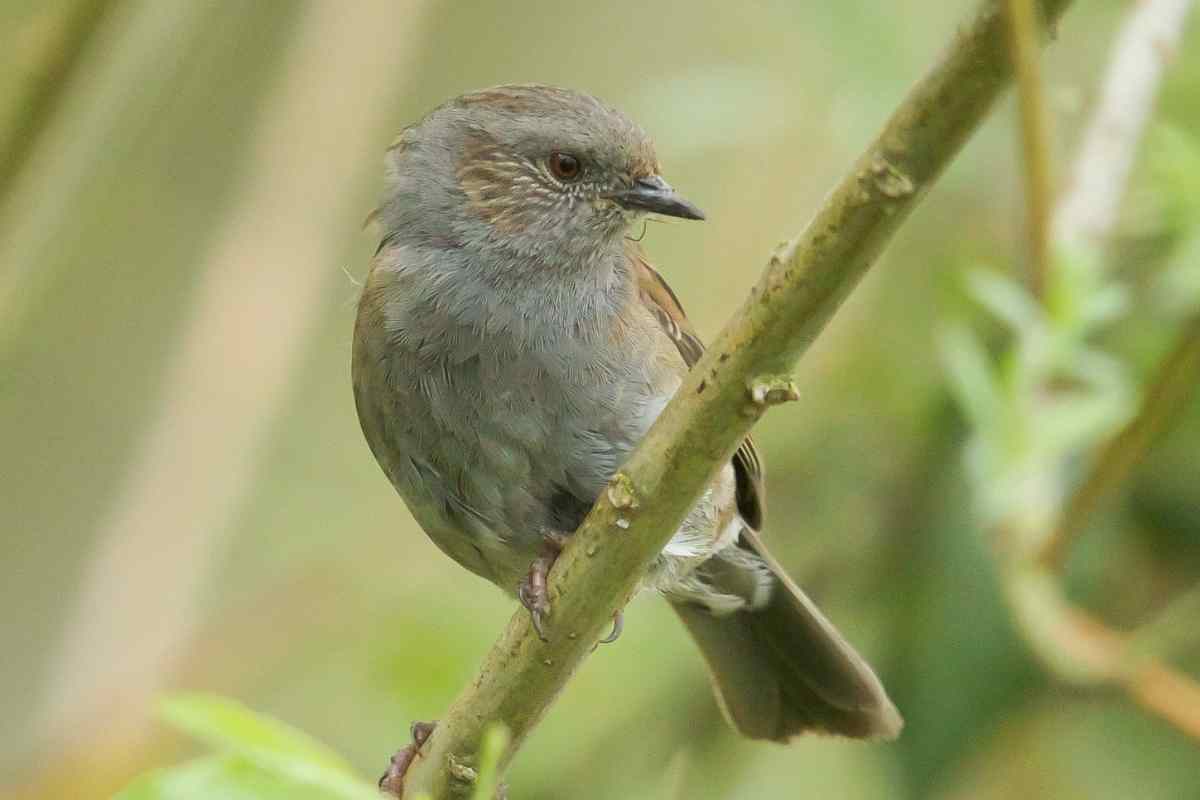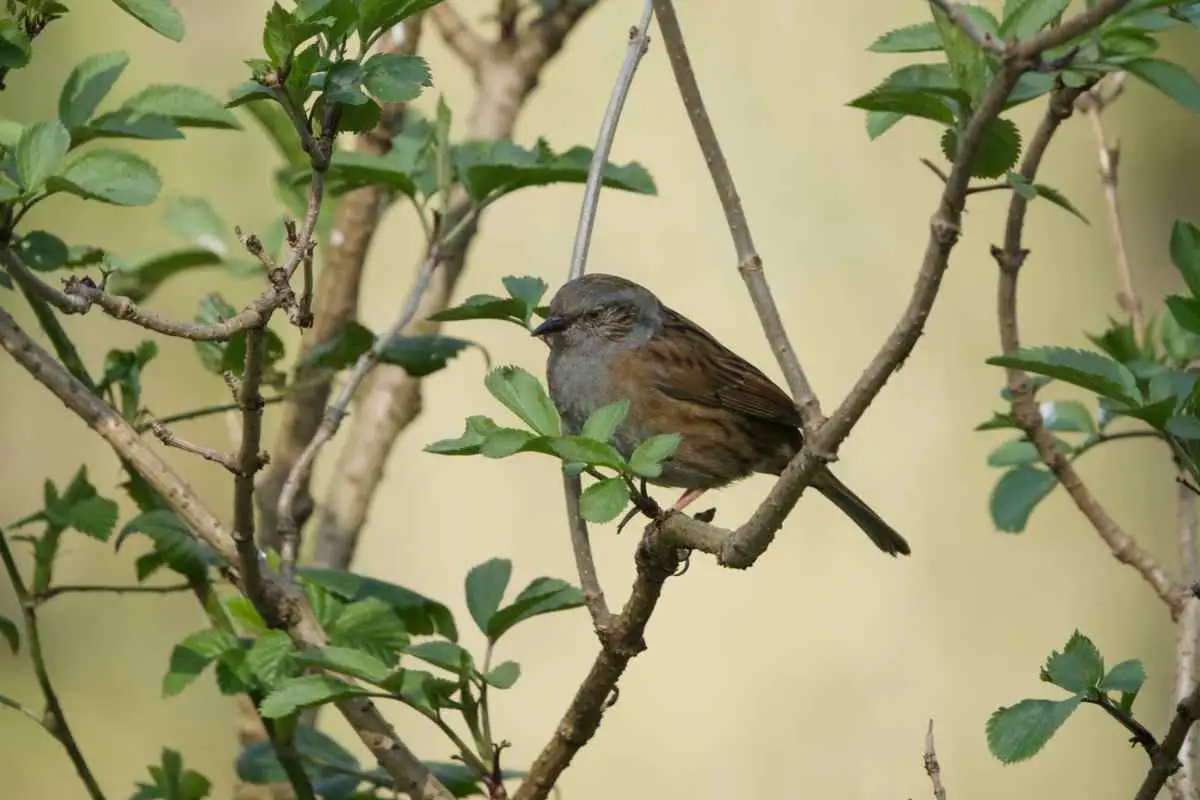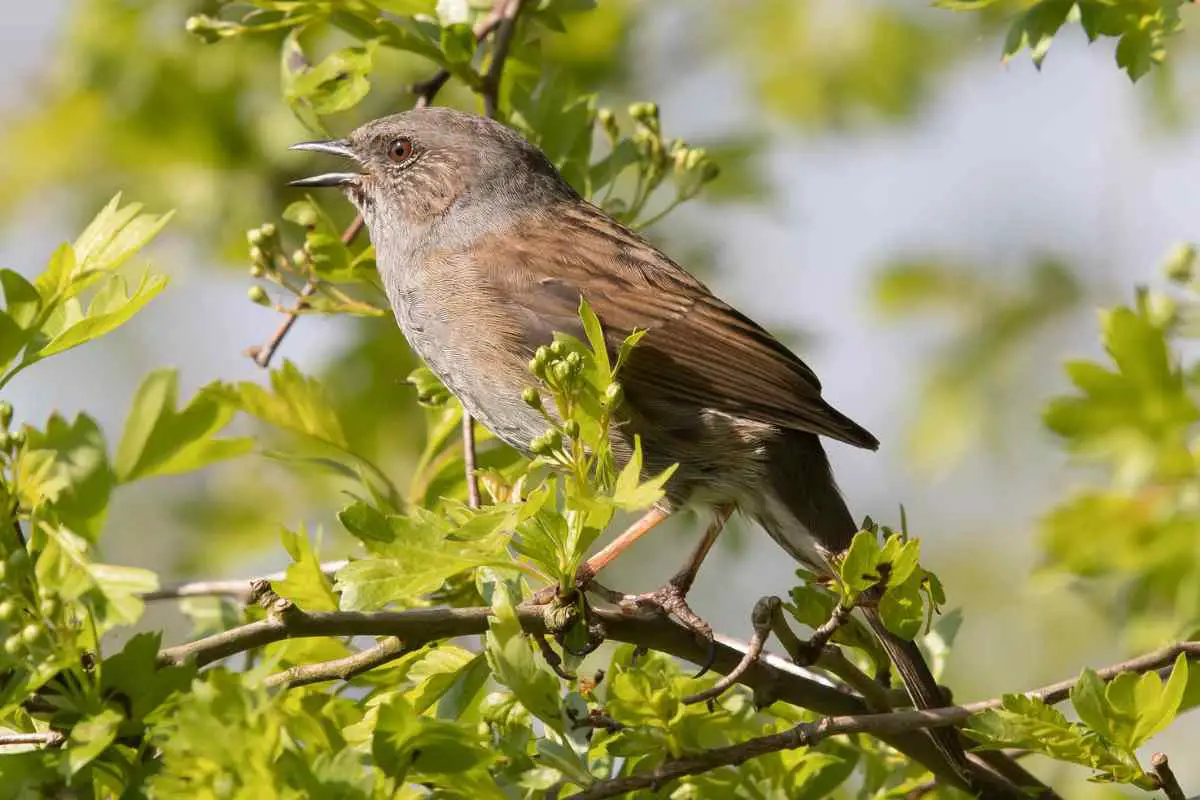Squirrels are a common sight in many backyards, and many people enjoy feeding them. However, there may come a time when you notice that the squirrels have stopped coming to your feeder.
This can be frustrating, especially if you’ve been feeding them for a long time.
There are several reasons why squirrels may stop coming to your feeder, and it’s important to understand what these reasons are so that you can take steps to address the issue.
One reason why squirrels may stop coming to your feeder is that they have found another source of food. Squirrels are opportunistic eaters, and they will go where the food is.
If there are other feeders in the area or if there is a good source of natural food nearby, the squirrels may choose to go there instead of coming to your feeder.
Additionally, if you have been feeding the squirrels the same thing for a long time, they may become bored with it and seek out something new.
Another reason why squirrels may stop coming to your feeder is that they feel threatened. Squirrels are prey animals, and they are always on the lookout for danger.
If they feel that there is a predator in the area, they may avoid your feeder altogether. This could be anything from a neighborhood cat to a bird of prey.
Additionally, if you have made any changes to your yard or the area around your feeder, such as adding new landscaping or moving the feeder to a new location, the squirrels may feel uneasy and choose to stay away.
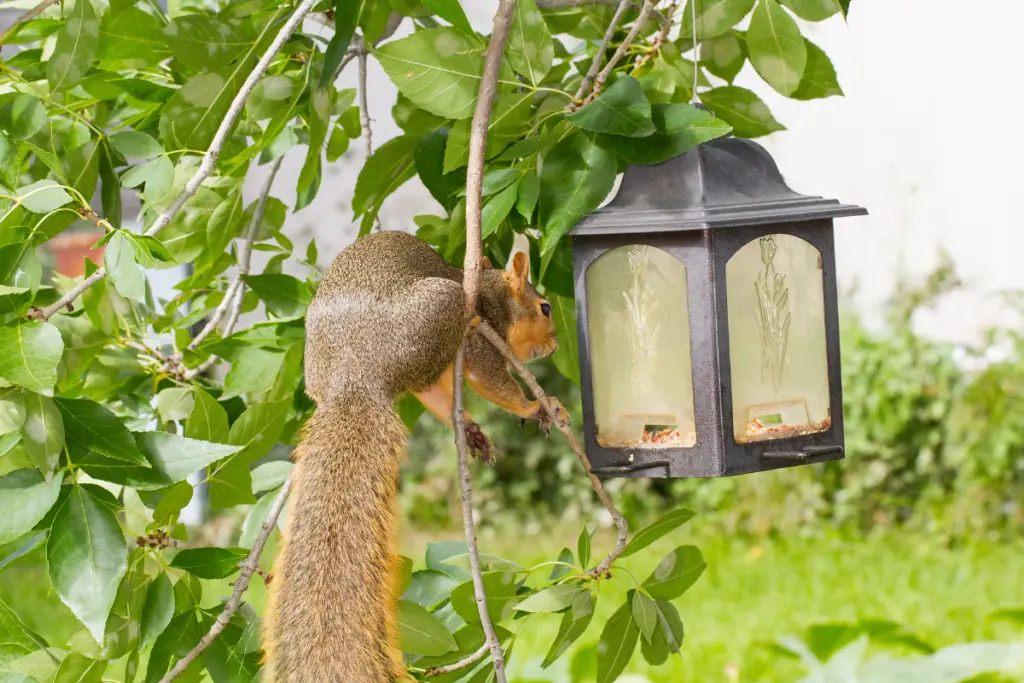
Table of Contents
Environmental Factors
Squirrels are highly adaptable animals that can thrive in a wide range of environments. However, environmental factors can play a significant role in their behavior and feeding patterns.
Here are some potential environmental factors that may cause squirrels to stop coming to your feeder.
Weather Changes
Weather changes can have a significant impact on squirrel behavior. Extreme temperatures, heavy rain, and snowstorms can make it difficult for squirrels to find food.
During harsh weather conditions, squirrels may focus on finding shelter and conserving energy rather than seeking out bird feeders.
On the other hand, droughts and heat waves can also affect squirrel feeding patterns.
During these times, squirrels may rely more heavily on natural food sources such as nuts and berries, and may not be as interested in bird feeders.
Natural Predators
Squirrels have many natural predators, including hawks, owls, and foxes. If there are more predators in the area, squirrels may be less likely to visit bird feeders.
Additionally, the presence of predators can cause squirrels to be more cautious and alert, making them less likely to venture out into the open.
Some other natural predators of squirrels include snakes, raccoons, and coyotes. If any of these predators are present in the area, squirrels may be less likely to visit your bird feeder.
Overall, environmental factors can play a significant role in squirrel behavior and feeding patterns.
By understanding these factors, you can better understand why squirrels may have stopped coming to your feeder.
Feeder Maintenance
Squirrels may stop coming to a feeder due to issues with the feeder itself. Proper feeder maintenance is crucial to ensure that squirrels and other wildlife continue to visit the feeder.
Dirty Feeders
Dirty feeders can be a major deterrent for squirrels. If the feeder is not cleaned regularly, it can become clogged with old food and debris, making it difficult for squirrels to access the seeds.
It can also attract unwanted pests, such as rodents and insects.
To prevent this, it is recommended to clean the feeder at least once a month, or more frequently if necessary.
Use a mild soap and water solution to clean the feeder, and make sure to rinse it thoroughly before refilling it with fresh seeds.
Lack of Food
Squirrels may also stop coming to a feeder if there is a lack of food. If the feeder is not refilled regularly, or if the seeds are not fresh, squirrels may look for other food sources.
To ensure that squirrels continue to visit the feeder, it is important to refill it regularly with fresh, high-quality seeds. It is also recommended to offer a variety of seeds to attract a wider range of wildlife.
Additionally, it is important to monitor the feeder for signs of spoilage or contamination, such as mold or insect infestations. If any issues are detected, it is best to replace the seeds immediately.
Overall, proper feeder maintenance is essential to ensure that squirrels continue to visit the feeder. By keeping the feeder clean and well-stocked with fresh seeds, it is possible to attract a wide range of wildlife to the feeder.
Prices pulled from the Amazon Product Advertising API on:
Product prices and availability are accurate as of the date/time indicated and are subject to change. Any price and availability information displayed on [relevant Amazon Site(s), as applicable] at the time of purchase will apply to the purchase of this product.
Human Interference
When it comes to squirrels not visiting a feeder, human interference can be a major factor. There are several ways that humans can inadvertently cause squirrels to avoid a feeder.
Noise and Disturbances
One factor that can cause squirrels to avoid a feeder is noise and disturbances.
If a feeder is located in an area where there is a lot of human activity, such as near a busy street or in a backyard where children are playing, squirrels may be scared away.
Squirrels are naturally wary of humans and prefer to avoid them whenever possible. If a feeder is in an area where there is a lot of noise and activity, squirrels may choose to avoid it altogether.
Feeder Placement
Another factor that can cause squirrels to avoid a feeder is the placement of the feeder.
If a feeder is located in an area where there is a lot of foot traffic, such as near a sidewalk or a busy street, squirrels may be hesitant to approach it.
Additionally, if a feeder is located too close to a tree or other structure, squirrels may be able to jump onto the feeder from the structure, which can be dangerous for both the squirrels and the feeder.
To avoid these issues, it’s important to place a feeder in a quiet, secluded area, away from human activity and structures that squirrels can use to jump onto the feeder.
Additionally, it’s important to keep the feeder clean and well-maintained, as squirrels may avoid a feeder that is dirty or in disrepair.
Overall, human interference can be a major factor in why squirrels stop coming to a feeder.
By taking steps to minimize noise and disturbances and placing the feeder in a safe, secluded location, it’s possible to encourage squirrels to visit the feeder again.
Conclusion
In conclusion, there are several reasons why squirrels might stop coming to a feeder. It could be due to changes in the environment, such as the emergence of a predator or the availability of food elsewhere.
Alternatively, the feeder may not be well-maintained, and the quality of the food may have deteriorated. In some cases, squirrels may simply be moving to a new location or have found a new food source.
To prevent squirrels from leaving a feeder, it is important to ensure that the feeder is well-maintained and that the food is fresh and of high quality.
Additionally, providing a nearby tree or shrub where squirrels can dash for safety should a predator appear can help to make them feel more secure while feeding.
It is also important to note that not all squirrels will visit feeders, and some may prefer to forage for food in their natural habitat.
Therefore, it is important to be patient and understand that squirrel behavior can be unpredictable.
Overall, by taking steps to maintain a clean and safe feeding environment and by being patient and observant, it is possible to attract and retain squirrels at a feeder.
- How to Build a Planter Box for Bamboo: A Step-by-Step Guide
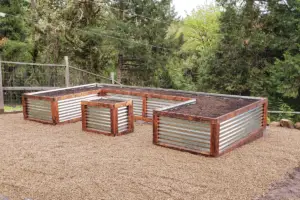
- Can Robotic Lawnmowers Handle Steep Slopes?
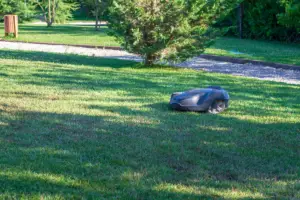
- Do You Need a Specific Lawn for a Robotic Lawnmower? Expert Advice
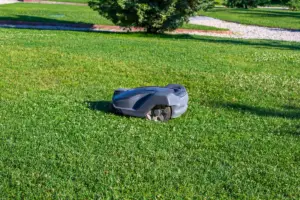
- Are Robotic Lawnmowers Safe for Pets and Children? Safety Features of Robotic Lawnmowers
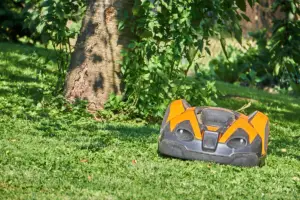
- Why Use Robotic Lawnmowers? Advantages of Using a Robotic Lawnmower
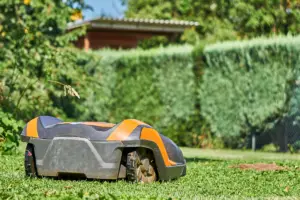
- Is the GARDENA SILENO City 300 Cordless or Corded? A Clear Answer


















